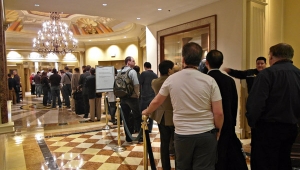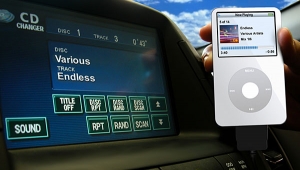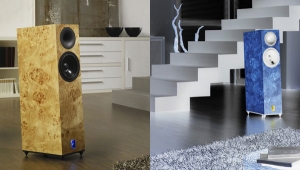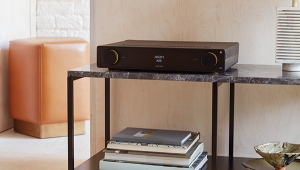| Columns Retired Columns & Blogs |
I suppose your answer will depend on your point of reference. I myself am 31, and just started to get into audio in the late 70's-early 80's, during the peak of Japan's glory days. Back in the late 70's you had Pioneer, Sansui, Marantz, Yamaha, and even brands like Kenwood and Technics that were building equipment that would compare very favorably and in some cases better than much of the over-priced, over-hyped botique brands that are so heralded today. Also, most of these components were priced so that real people could afford them. And I challenge anyone out there to tell me that many of the components of the 70's-early 80's era are not some of the most beautiful examples of styling ever seen. Who can not admire the stunning elegance and beautiful craftsmanship of a Marantz 2500 receiver? When is the last time that you saw an anonymous black box called a "home theatre" component that could elicit the raw lust that a stack of matched Pioneer Spec Series components or a awesome Yamaha setup? No disrespect intended to today's manufacturers, but most of the offerings you find on dealer shelves just can't hold a candle to the sheer visceral thrill of showing off your Sansui G-33000 receiver to your friends. THAT was envy! By the way, I own 5 Marantz receivers as well as a classic Yamaha setup and ADS speakers. I will put my gear against any of today's electronics up to $5,000. And I bought most of my gear on EBAY, or in pawn shops for nearly pennies on the dollar!


























